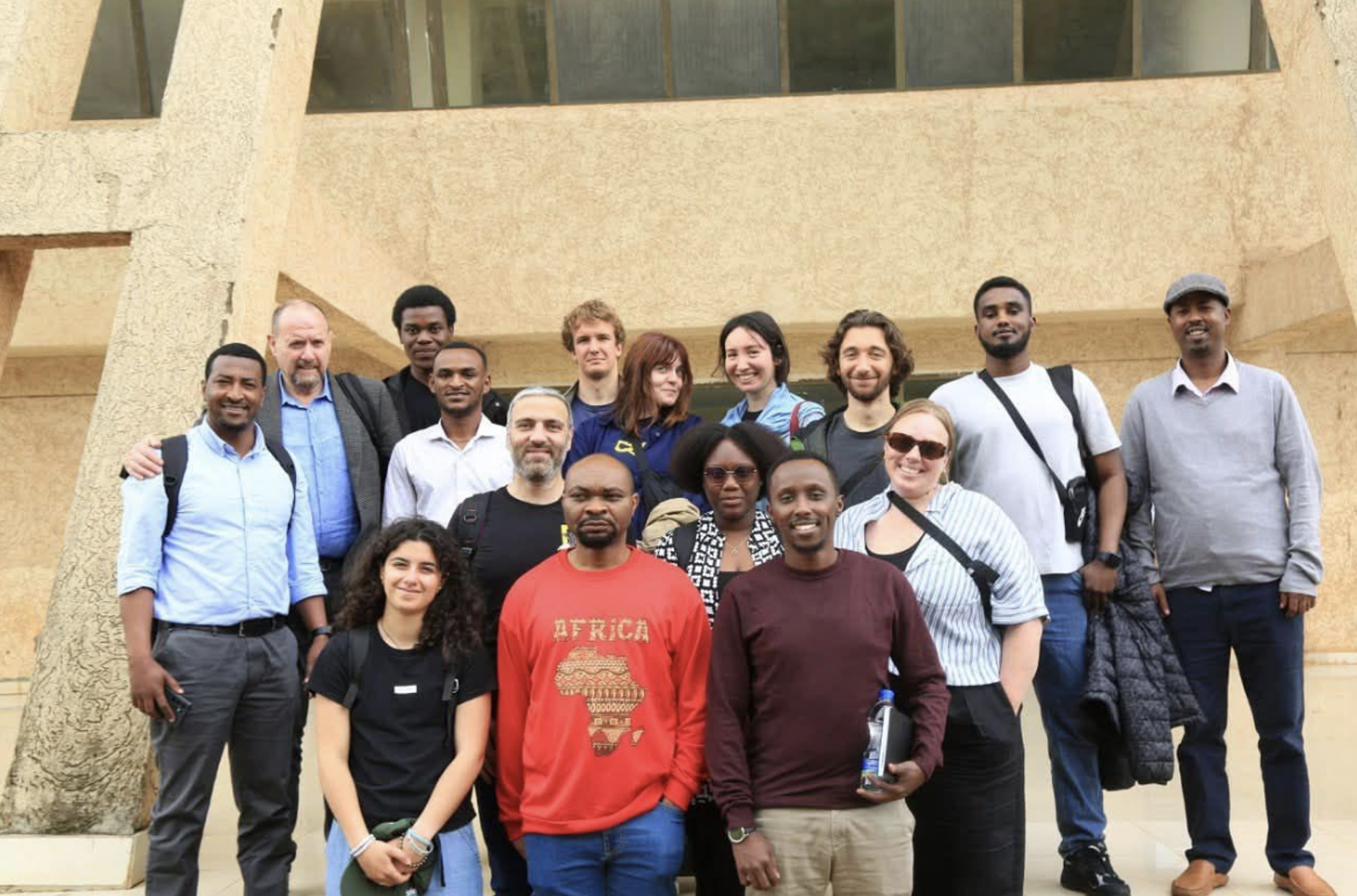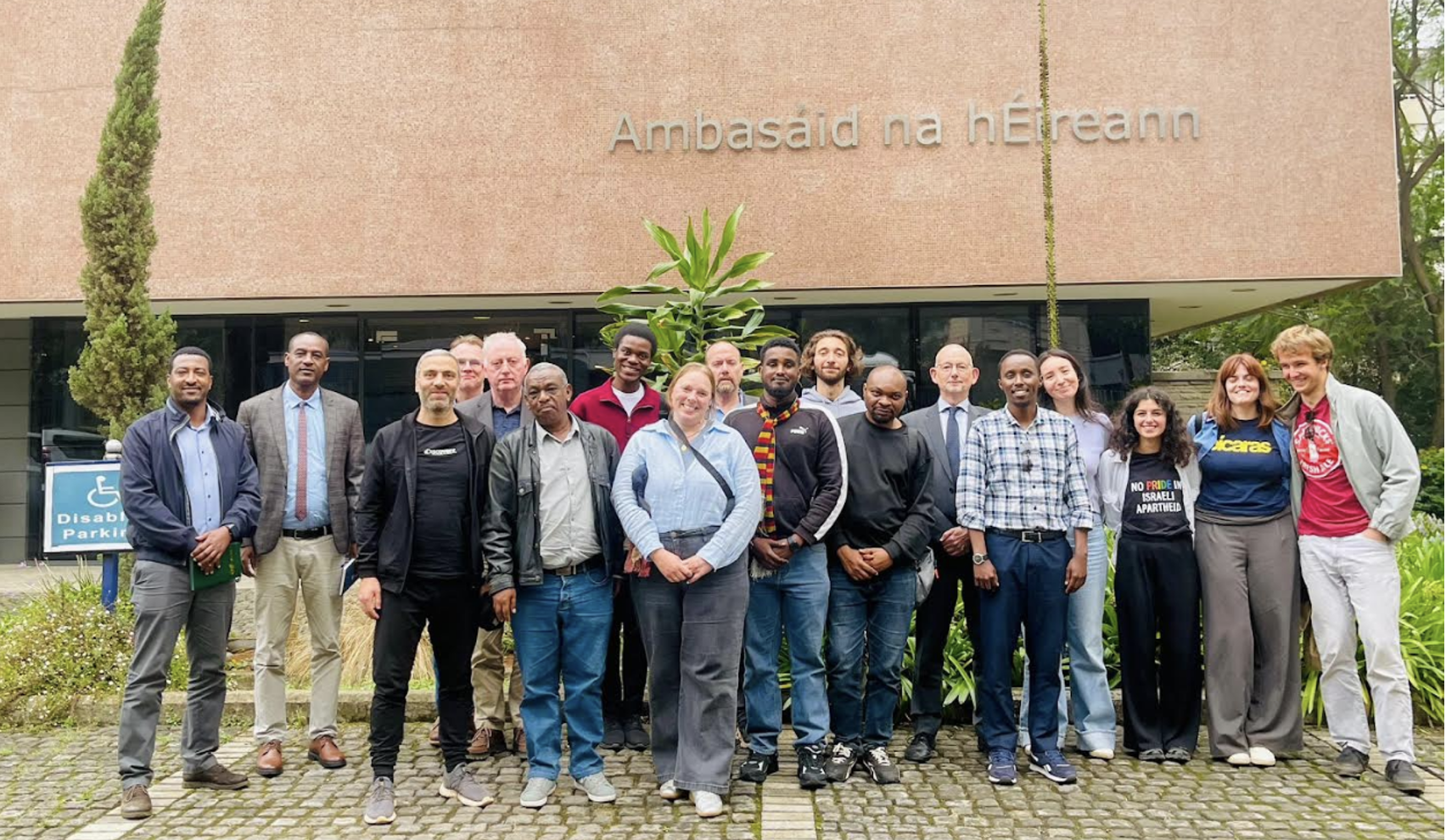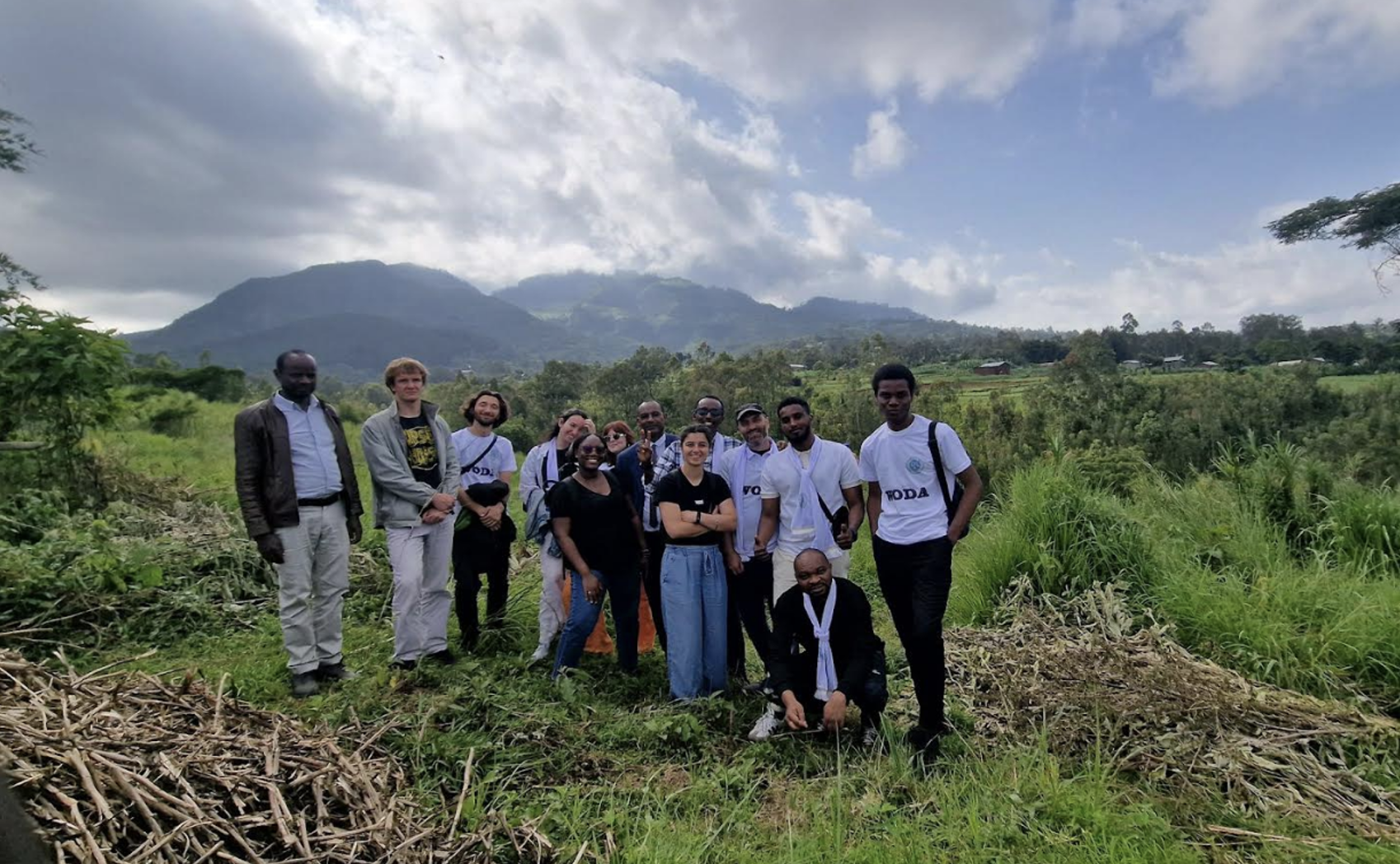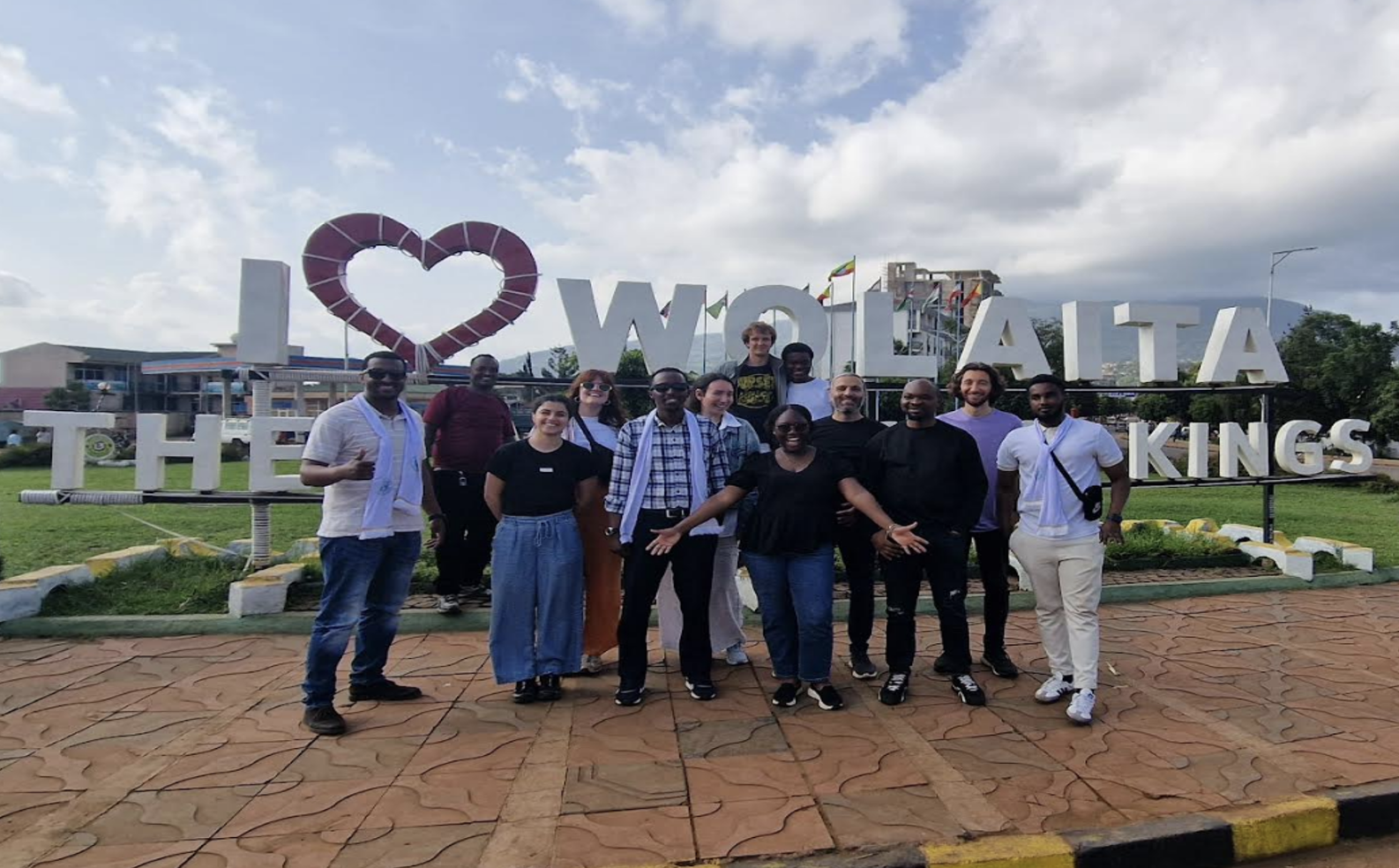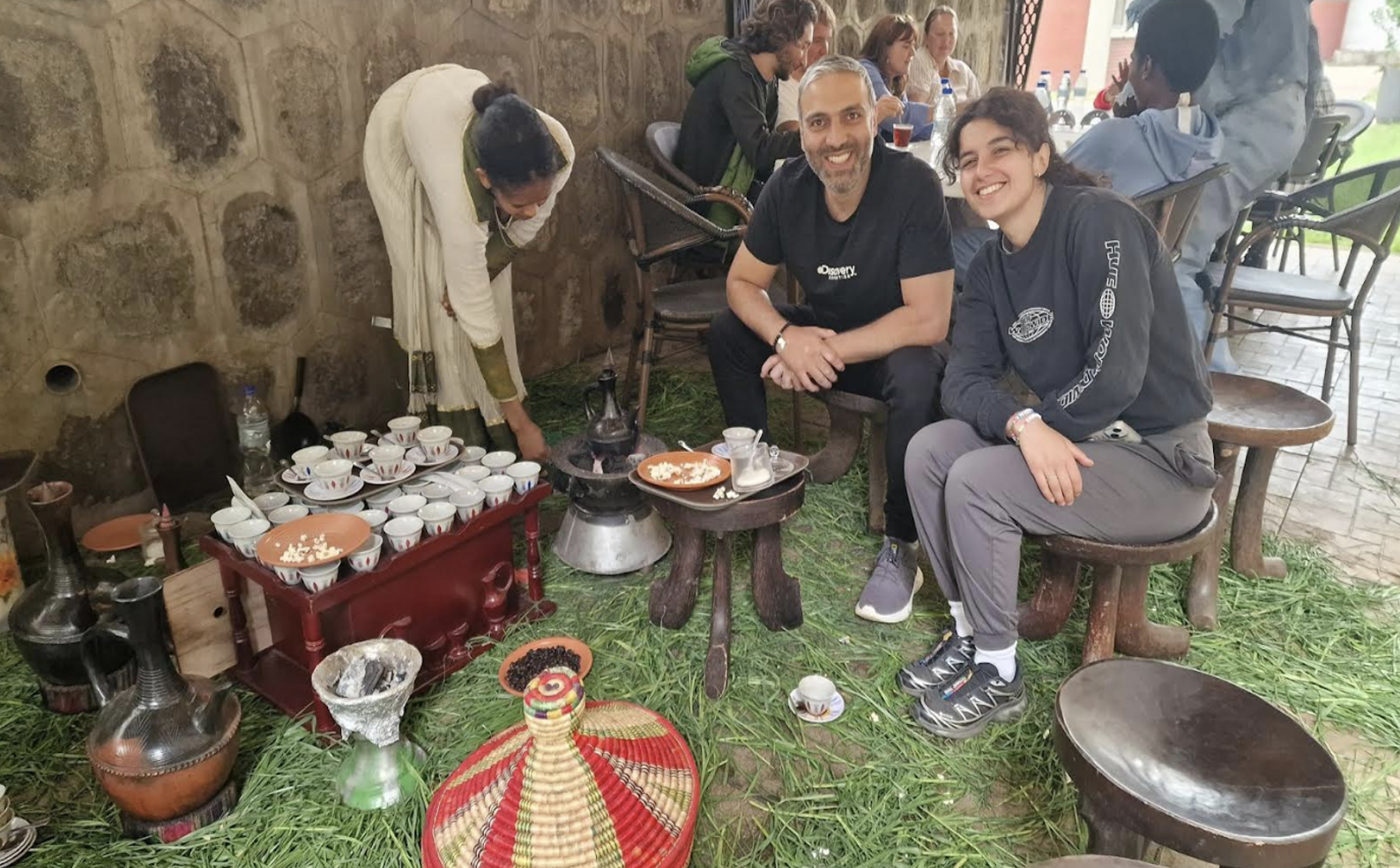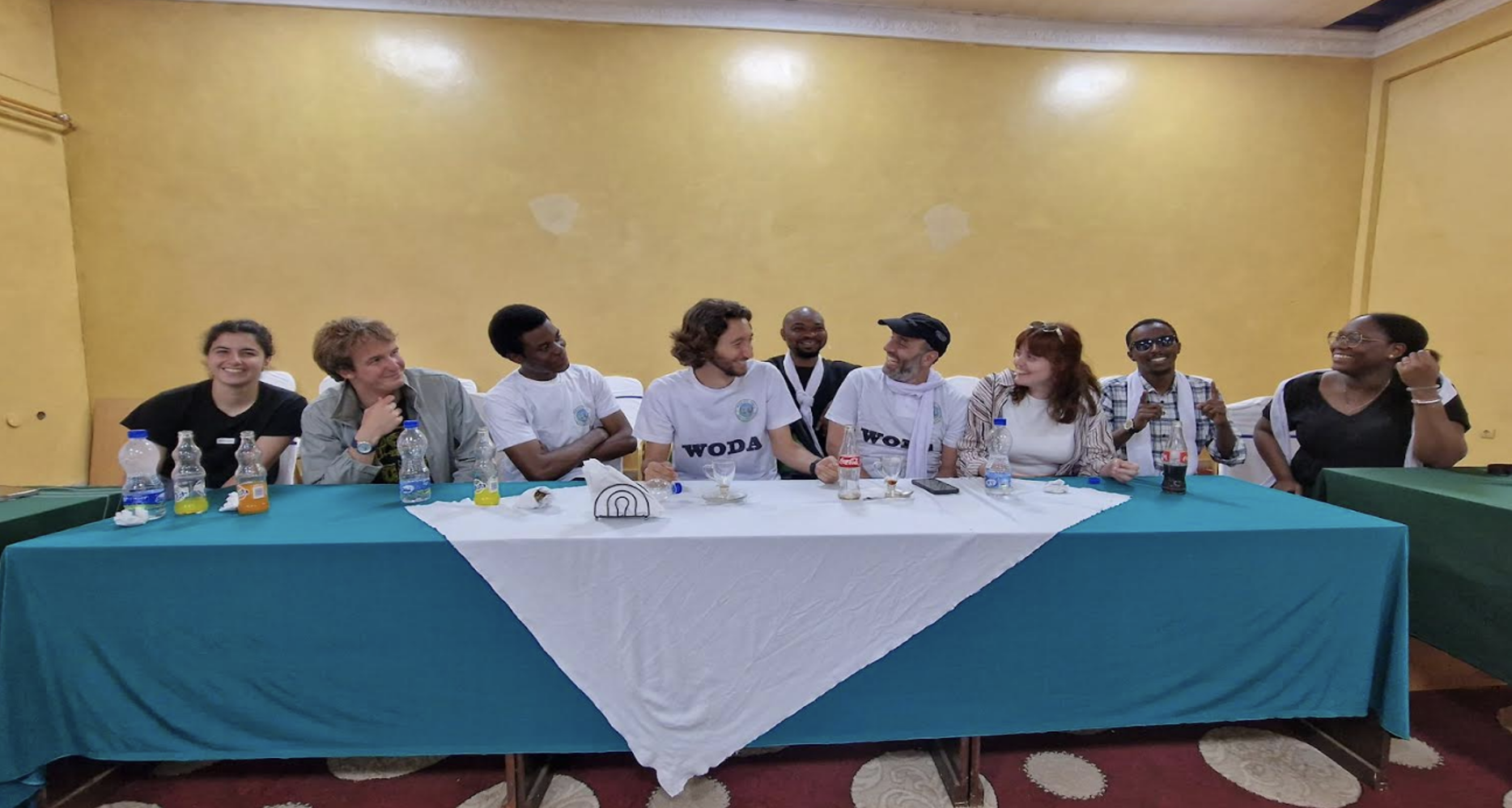News
- AgriFood Matters Podcast Series
- Recent News 2022
- Recent News 2023
- Recent News 2024
- Recent News 2025
- Ancient DNA analyses bring to life the 11,000-year intertwined genomic history of sheep and humans
- €1 million state-of-the art dairy calf rearing centre opens at UCD Lyons Farm.
- The School of Agriculture & Food Science is seeking to recruit three early-career faculty through the Ad Astra Fellows programme
- Stephen Robb - his advice to students; make sure you always keep an Ear to the Ground!
- UCD Agriculture, Food Science & Human Nutrition Careers Day 2025
- Greater than the sum of their parts
- Niamh Bambrick - Alumni Focus
- Proud day at UCD Awards Day
- Farm Walk and Talk 2025
- Minister Heydon presents Women in Agriculture Studies Excellence Award
- Development of a Hybrid Human-AI personalised learning path for VET for innovation in agriculture
- UCD welcomes New Zealand Ambassador to Ireland, Mr Trevor Mallard
- UCD Teagasc Knowledge Transfer Funded Masters 2025
- Champions for Safety
- John Roche announced as Chief Science Advisor.
- Sinead Flannery receives the UCD Values in Action Award
- UCD & Macra Agricultural Skillnet - MSc Agricultural Extention and Innovation
- Horticulture position
- UCD Student in full Bloom!
- "Communicating Irish Agri-Food to the World."
- UCD Summer Schools 2025
- UCD Plant Health for Inspectors graduates it’s first students
- UCD Students PWE
- University College Dublin rises to 118 in latest QS World University Rankings
- MSc in Humanitarian Action Students’ Visit Schedule to Wolaita, Ethiopia
- Remembering Dan Browne
- 11th CITES European Regional Plants Meeting at UCD
- From Dublin to London and Back to UCD: A Full Circle Journey in One Health
- UCD Student is awarded the 2025 Communications and Agri-Innovation Award sponsored by the Guild of Agricultural Journalists.
- 'Farmageddon' comes to UCD
- UCD Confers Michael Berkery with an Honorary Doctorate of Science
- Dr. Kevin Daly receives over €1.5million ERC Starting Grant for groundbreaking research project
- UCD goes Ploughing 2025
- Minister Noel Grealish Visits UCD Lyons Farm to Review Innovation in Agriculture and Food Science Research
- BiOrbic, leading the drive for the bioeconomy to be the cornerstone of the Irish economy.
- James Duggan is awarded Graduate Sports Scholarship
- Global Farm Platform honoured with FAO Technical Recognition for Sustainable Livestock Transformation
- COALESCE funding for research exploring how AI can assist care-plan design for survivors of gender based violence
- Mark O'Dowd - Finding solutions through technology for customers and their cattle.
- School Awards Ceremony 2025
- UCD School Awards 2025
MSc in Humanitarian Action Students’ Visit Schedule to Wolaita, Ethiopia
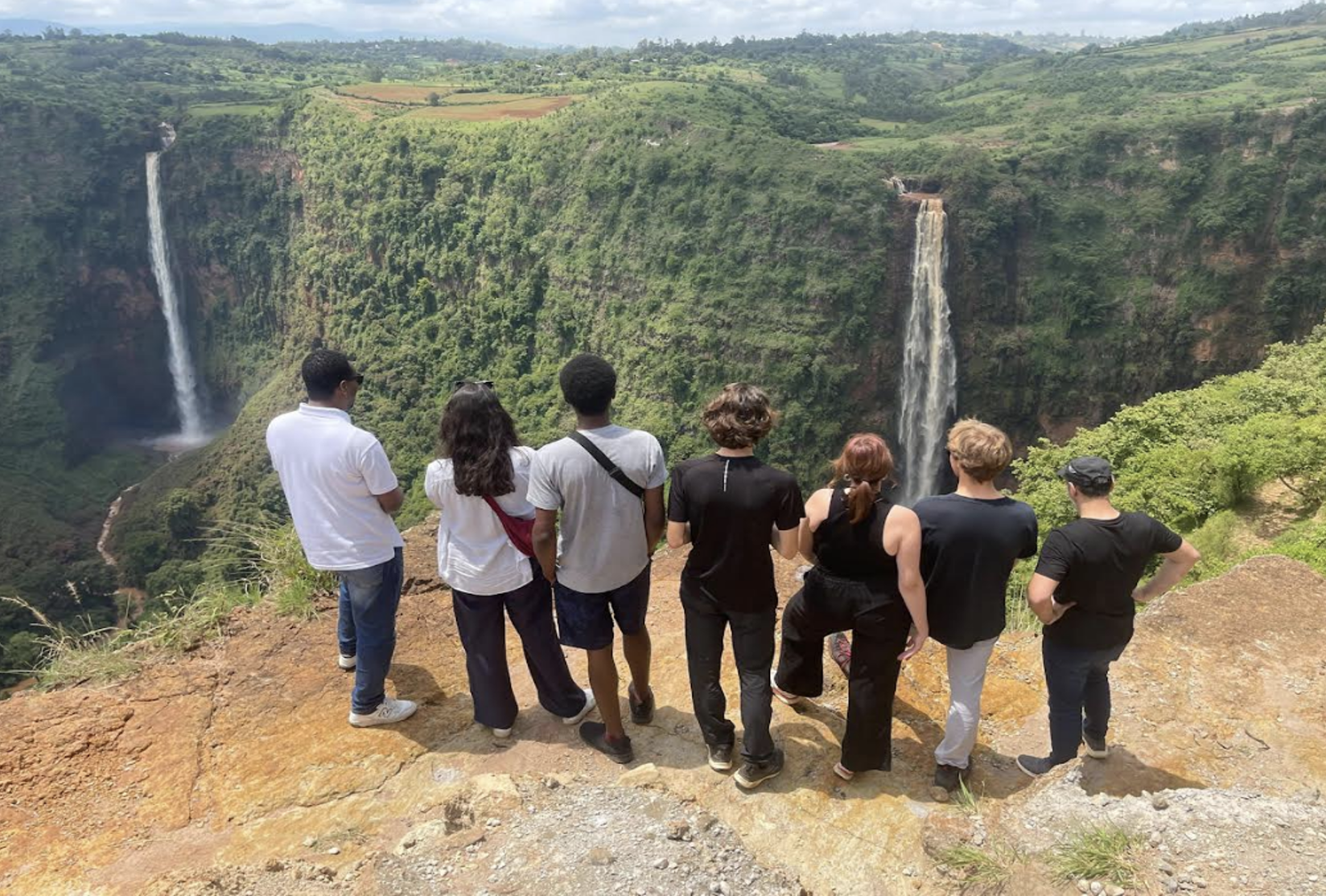
Twelve students from the MSc in Humanitarian Action visited Wolaita Sodo University and met with Ethiopian stakeholders associated with the BRTE project. This study visit aimed to give students an appreciation of life in a vulnerable context and an understanding of existing developments frequently overlooked in crises.
Accompanying the students, Professor Pat Gibbons and Dr. Tesfaye Bedane introduced the students to a range of socio-economic institutions of the Wolaita Zone. They returned then to Addis by road at the end of May to visit the Irish Embassy and Concern Worldwide, Addis Ababa’s head office. The students visited Addis Ababa University before returning to Dublin.
Here, three of the students; Adriana, Yunes and Meghan share their individual insights and reflections on what they and the group encountered during this trip, each bringing their unique experiences and observations to the subject.
ADRIANA. As students in the MSc Humanitarian Action we are engaged in an interdisciplinary, forward-looking program with a global orientation, rooted in ethical and community-centered practice. Part of our academic learning, guided by widely acclaimed scholars, emphasizes the call for both the humanitarian and development sectors to localize aid, making it more participatory and involving the communities themselves.
The practical application of this localization requires authentic partnerships that shift power, facilitate knowledge sharing, and deeply respect local contexts. The strength of these partnerships lies in the collective ability to pool resources, expertise, and network creating synergies that can drive lasting growth.
As students who participate in global mobility, our presence co-create experiences that enables us not just to learn about communities, but to learn from them, enriching both our academic understanding and personal growth.
YUNES Over the past few days, we had the opportunity to experience firsthand what meaningful partnership looks like between UCD, WODA, the local government, and of course, Wolaita Sodo University. These connections weren’t just names on a programme; they shaped how we moved through this trip and what we were able to learn.
I’d like to walk you through some of the experiences we had, and how these partnerships influenced them especially through the lens we brought as visitors coming from the outside.
From the very beginning, we were warmly welcomed and given generous amounts of time. We had access to places we likely wouldn’t have reached on our own. And we were met with real hospitality at every step.
These partnerships can be incredibly important and they lead to many meaningful conversations. For example, yesterday when we visited a secondary school had we gone without existing relationships, we might have been treated like visiting delegates, shown only a polished version that hides any problems. But instead, we were able to gain genuine insights, like understanding the reasons behind school dropouts. These are things we might not have been able to learn about without that trust and connection.
Partnerships are also about sharing knowledge and capacities. Another stop we made was at a flour mill, which was particularly interesting to us as students of humanitarian action. We learned about the capacities that exist in Sodo and had discussions around why, in emergencies, external food aid is brought in instead of relying on local production. These discussions are essential for deepening our understanding of international aid and how it can be localised.
Of course, we know that partnerships come with challenges especially across cultures and distances. It’s important that everyone benefits, but the ultimate goal must remain: to achieve better outcomes for the community.
Even during our trip, we noticed that we had to give up some control over the schedule. And we had to remind ourselves that just because our input is valued doesn’t mean we always know better. Some of the stops initially seemed disconnected from the focus of our study trip, but they reminded us that we have to trust our partners just as they trust us. Whatever they choose to show us is what they believe is worth knowing, and that makes it an important stop for us.
MEGHAN -It does not go unnoticed and unappreciated that the reason my fellow students and I are able to be a part of this incredible experience is thanks to the current partnership between UCD WSU and WODA. This strong partnership has led to an opportunity to participate in invaluable discussions with our WSU peers and open the door towards the next generation of custodians in building bridges that transcends academic boundaries. At Wolaita Sodo University our colleagues asked us what advantage we brought to them. Amongst the litany of brilliant answers I’d like to say that it is our presence bringing all these different stakeholders together in the same place at the same time. This is especially important given that underlying each of our perspectives is the common denominator to improve the lives and wellbeing of our communities. Our presence in Wolaita Sodo showed us that there is so much local capacity which we respect rather than try to impose. Together we are so much more - this is as true for development as is for humanitarian action. Some will even say that establishing these partnerships ahead of time allows for a better humanitarian response. Finally, our being here has created a situation where all these different stakeholders are present together in the same place at the same time. This is critical given that underlying each of our perspectives is the common denominator to improve the lives and wellbeing of our communities. This was practically evident in Wolaita Sodo where we observed the application of local operational capacity that relies so much on trust between key players in essential supply chains that are indispensable to development and humanitarian efforts. So we hope that everyone right here and now recognizes the power of being present and leverages the opportunity to maintain and deepen the existing relationship we are all positioned to benefit from.
